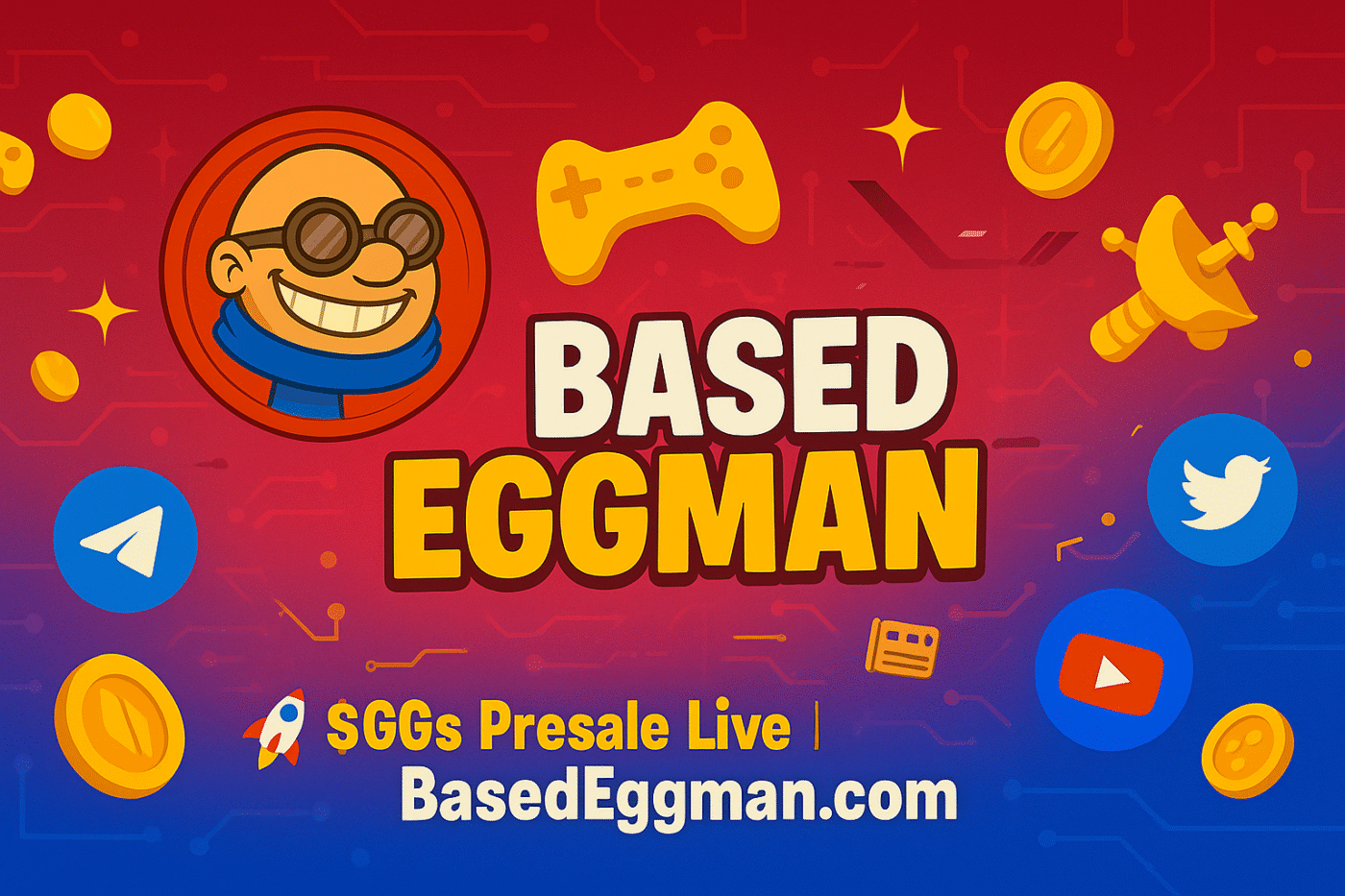Unveiling the Revolutionary Web3 Security Oracle: Brevis and GoPlus Forge a Trustless Future
BitcoinWorld
Unveiling the Revolutionary Web3 Security Oracle: Brevis and GoPlus Forge a Trustless Future
The digital frontier of Web3 promises incredible innovation, but with great power comes great responsibility – especially when it comes to security. Imagine a world where your on-chain transactions, tokens, and addresses are instantly vetted for risks, not by a central authority, but by a truly decentralized, verifiable system. This is precisely the groundbreaking vision behind the new Web3 security oracle being built by two industry titans: zero-knowledge (ZK) proof technology firm Brevis and Web3 security platform GoPlus (GPS).
What is a Web3 Security Oracle and Why Does it Matter?
At its core, a Web3 security oracle is a decentralized network designed to provide real-time, verifiable security data to the blockchain. Think of it as a trusted, on-chain security guard, constantly monitoring for threats. In the current Web3 landscape, security remains a paramount concern, with exploits and scams unfortunately common. Centralized risk management systems, while useful, often introduce single points of failure and trust assumptions.
This new partnership aims to change that. Brevis and GoPlus are combining their unique strengths to create a system that offers:
- Decentralized Verification: Moving away from single points of control.
- Real-time Insights: Instantaneous risk assessments for immediate action.
- Enhanced Trust: Building a truly trustless security model for all users.
How Will ZK Proofs Power This Revolutionary Web3 Security Oracle?
The secret sauce in this innovative project is Brevis’s expertise in zero-knowledge (ZK) proof technology. ZK proofs allow one party to prove to another that a statement is true, without revealing any additional information beyond the veracity of the statement itself. This is incredibly powerful for privacy and efficiency in decentralized systems.
For the Web3 security oracle, Brevis’s ZK verifiable computing capabilities mean that:
- Security data can be processed and verified on-chain without exposing sensitive information.
- The integrity of risk assessments can be mathematically proven.
- The system becomes incredibly robust and resistant to manipulation.
It’s about making security not just strong, but also transparently verifiable, without compromising privacy. This is a significant leap forward for on-chain integrity.
GoPlus’s Role: The Data Engine Behind On-Chain Risk Assessment
While Brevis brings the verifiable computing, GoPlus (GPS) contributes its robust security data engine. GoPlus is already a well-established name in Web3 security, providing comprehensive threat intelligence and risk assessment services. Their platform processes vast amounts of data to identify malicious addresses, risky tokens, and suspicious transaction patterns.
By integrating GoPlus’s extensive security data with Brevis’s ZK proofs, the new Web3 security oracle will be able to:
- Access a wide array of real-time security intelligence.
- Perform granular risk assessments on addresses, tokens, and transactions.
- Deliver these assessments in a trustless and verifiable manner directly on the blockchain.
This synergy creates a powerful defense mechanism, actively safeguarding users from potential threats before they can cause harm.
What Are the Benefits of a Trustless Web3 Security Oracle?
The implications of this partnership are profound for the entire Web3 ecosystem. Moving from centralized to a trustless security model offers numerous advantages:
- Increased User Confidence: Knowing that security checks are transparently verifiable builds greater trust in dApps and protocols.
- Reduced Exploits: Real-time, on-chain risk assessment can proactively identify and flag threats, potentially preventing hacks and scams.
- Enhanced Decentralization: Aligns with the core ethos of Web3 by removing reliance on centralized entities for critical security functions.
- Scalable Security: A decentralized oracle can scale to meet the growing demands of the Web3 space without performance bottlenecks.
Ultimately, this initiative aims to make Web3 a safer and more reliable environment for everyone, from individual users to large institutional investors.
The Future of Web3 Security: A Call for Innovation
This collaboration between Brevis and GoPlus is more than just a partnership; it’s a statement about the future direction of Web3 security. It underscores the critical need for innovative solutions that can keep pace with the rapid evolution of blockchain technology. The goal is ambitious: to build the world’s first ZK proof-based Web3 security oracle.
Achieving this will require continuous development, community involvement, and a commitment to pushing the boundaries of what’s possible in decentralized security. As Web3 continues its journey towards mass adoption, robust and verifiable security infrastructure will be non-negotiable.
In conclusion, the partnership between Brevis and GoPlus to develop a decentralized and verifiable Web3 security oracle marks a pivotal moment for the industry. By combining GoPlus’s extensive security data with Brevis’s cutting-edge ZK verifiable computing, they are laying the foundation for a truly trustless security model. This initiative promises to enhance user confidence, mitigate risks, and accelerate the secure growth of the entire Web3 ecosystem, ushering in an era of unparalleled on-chain safety.
Frequently Asked Questions (FAQs)
Curious about the Brevis and GoPlus partnership? Here are some common questions answered:
- What is a Web3 security oracle?
A Web3 security oracle is a decentralized network that provides real-time, verifiable security data and risk assessments directly to blockchain applications, helping to protect users from threats. - How do Zero-Knowledge (ZK) proofs enhance security?
ZK proofs allow the oracle to verify the integrity of security data and risk assessments on-chain without revealing sensitive underlying information, making the process both private and mathematically verifiable. - What kind of risks will this oracle assess?
The oracle will perform real-time, on-chain risk assessments for various elements, including suspicious addresses, potentially malicious tokens, and high-risk transactions. - Why is a trustless security model important for Web3?
A trustless model removes reliance on centralized entities for security, aligning with Web3’s core principles of decentralization and immutability. It enhances user confidence and reduces single points of failure. - When will this Web3 security oracle be available?
While the partnership has been announced, specific timelines for the full launch of the Security Oracle are typically detailed in future updates from Brevis and GoPlus. Stay tuned to their official channels for the latest news.
The journey towards a safer, more secure Web3 is a collective effort. If you found this insight into the Web3 security oracle by Brevis and GoPlus valuable, consider sharing this article with your network. Let’s spread awareness about the innovations making our digital future more secure!
To learn more about the latest Web3 security trends, explore our article on key developments shaping blockchain security future advancements.
This post Unveiling the Revolutionary Web3 Security Oracle: Brevis and GoPlus Forge a Trustless Future first appeared on BitcoinWorld.
You May Also Like

Crypto News of the Week (Oct 23–30, 2025)

MAXI DOGE Holders Diversify into $GGs for Fast-Growth 2025 Crypto Presale Opportunities
